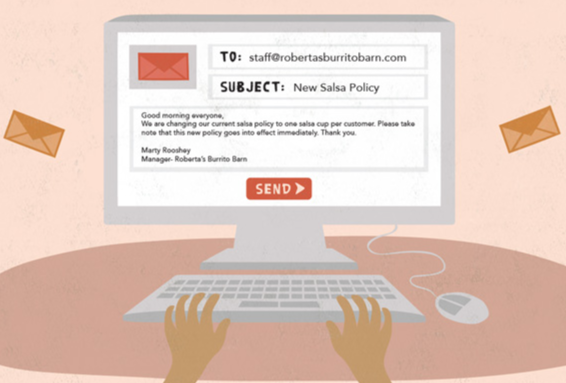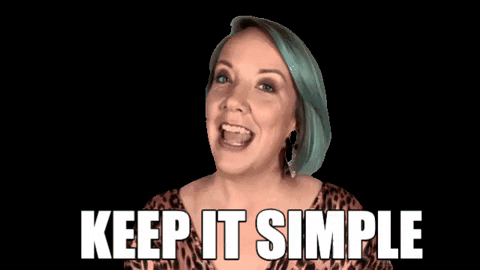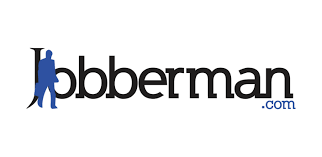 WHY IS EMAIL COMMUNICATION IMPORTANT?
WHY IS EMAIL COMMUNICATION IMPORTANT?
A whopping 86% of professionals prefer email over other forms of communication. The ability to deliver effective email communication in the workplace, therefore, remains an essential business skill.
Emails are a huge part of any business! All business emails should be direct, clear, and easy to read.
The tone of a business email, however, can vary from informal to formal. The formality can depend on your company, the intended audience, subject matter, and several other factors.
Writing A Business Email

As with any email, a business email should include a brief but descriptive subject line, one or more recipients, and an attachment if needed.
Greeting: Make it brief and friendly, and address the recipient by name if you know it.
Body: Keep your writing concise and focused on the concerns of your audience. If you need a response from the recipient, make sure to include a call to action so they know how and why to respond. Also, if you've attached a file, be sure to mention it here.
Ending: Offer a quick farewell, such as “Thanks” or “Sincerely”.
Quiz
"Hey, You are late! We are all waiting for you in the meeting. Jerry" What is wrong with this email?
To Email Or Not To Email
SEND AN EMAIL TO...
Get in touch with someone you have not talked to in a while
Share information with a large group of people
Give timely feedback
Keep a written record of communication for future reference
Send a file

AVOID SENDING AN EMAIL WHEN...
Delivering confidential information
Delivering bad news
An immediate response is necessary
Quiz
Jerome needs Isaac to review a proposal that needs to go to the client in 3 hours. What should he do?
Writing Effective Emails

Do Not Overcommunicate: The sheer volume of emails people receive is one of the biggest sources of stress at work, so keep it limited to essentials.
Make Good Use of Subject Lines: A poorly written or blank subject line is more likely to be overlooked or rejected as "spam."
Keep Messages Clear and Brief: Emails, like traditional business letters, need to be be easily understood by the recipient.
Be Polite: Always be courteous so the recipient is not offended by your tone.
Check Your Tone: Your choice of words, sentence length, punctuation, and capitalization can easily be misinterpreted without visual and auditory cues.
Proofread: Make sure there are no mistakes, unclear sections, or missing information.
Quiz
Which are examples of poor email etiquette?
Take Action
Your email conversation may be for business or casual purposes, so you need to always be aware of email etiquette. If not, your email will not effectively communicate your message and you will defeat the purpose of sending the email.

Your feedback matters to us.
This Byte helped me better understand the topic.
